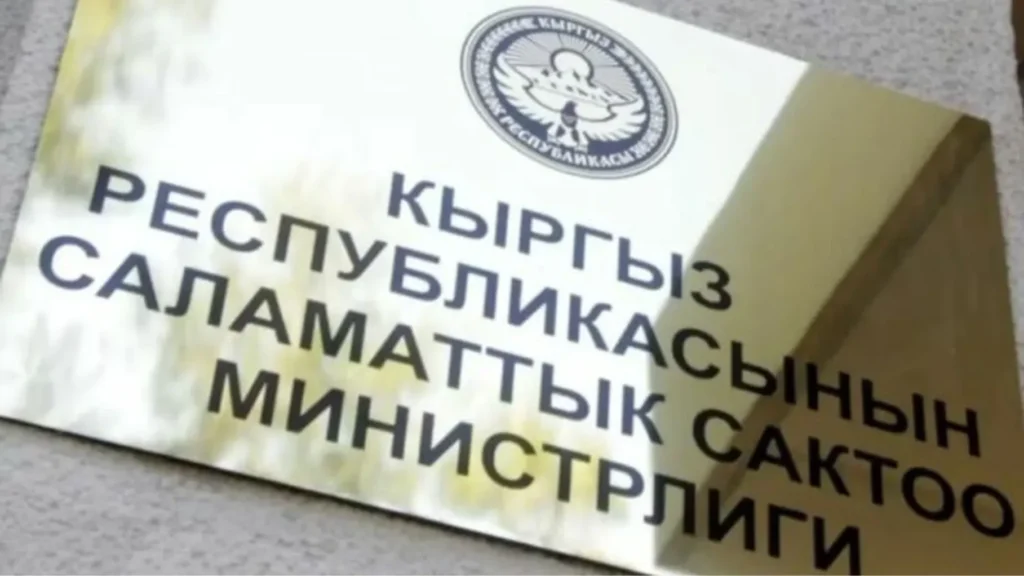The government of Kyrgyzstan has recently proposed eliminating the value-added tax (VAT) exemptions on medicines and medical devices in the country. Currently, most pharmaceutical products and medical equipment are exempt from the 12% VAT rate applied to other goods and services in Kyrgyzstan.

The main goals of this proposal are to:
- Increase tax revenues for the state budget
- Close loopholes that some companies have exploited to boost profits
- Ensure the VAT exemptions are benefiting consumers as intended
According to government estimates, the current VAT exemptions on medicines and medical devices cost the state budget between 1-2 billion Kyrgyzstani soms annually in lost tax revenues. By abolishing these exemptions, the government hopes to recoup these funds.
Ministry of Economy and Commerce’s Draft Resolution on VAT for Medicines
The Ministry of Economy and Commerce has published a draft resolution that would abolish the VAT exemptions on the import and supply of medicines and medical devices in Kyrgyzstan. If this resolution is approved, the standard 12% VAT rate would begin to apply to most pharmaceutical products, with some exceptions.
The government has argued that the current VAT exemptions have not achieved their intended purpose of making medicines more affordable for the population. Instead, some officials claim that certain companies have exploited the exemptions to increase their own profits rather than passing the savings on to consumers in the form of lower drug prices.
Pharmaceutical Industry’s Opposition to Removing VAT Exemptions
The Pharmaceutical Union of Kyrgyzstan strongly opposes the government’s proposal to abolish VAT exemptions on medicines and medical devices. The industry group has warned that applying the 12% VAT could lead to several negative consequences:
- Higher drug prices as the added tax gets passed on to consumers
- Increased risk of medicine shortages if companies find the market less profitable
- A potential rise in smuggling and counterfeit medicines as people seek cheaper alternatives
Pharmacists in Kyrgyzstan argue that removing the VAT exemptions will make medicines less affordable and accessible, disproportionately impacting lower-income citizens who already struggle to pay for essential drugs. There are concerns it could worsen public health outcomes in the country.
The Kyrgyz pharmaceutical manufacturing industry is small, accounting for only around 3% of the market. There are fears that applying VAT could further shrink domestic production, as local manufacturers struggle to compete with foreign suppliers.
Balancing Tax Revenue Goals with Access to Affordable Medicines
Kyrgyzstan’s proposed removal of VAT exemptions on medicines aims to boost tax revenue but could lead to higher drug prices and reduced access for low-income citizens. The government must balance its fiscal goals with ensuring affordable essential medicines.


